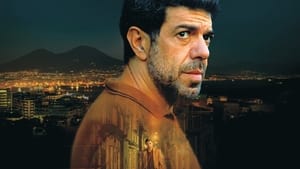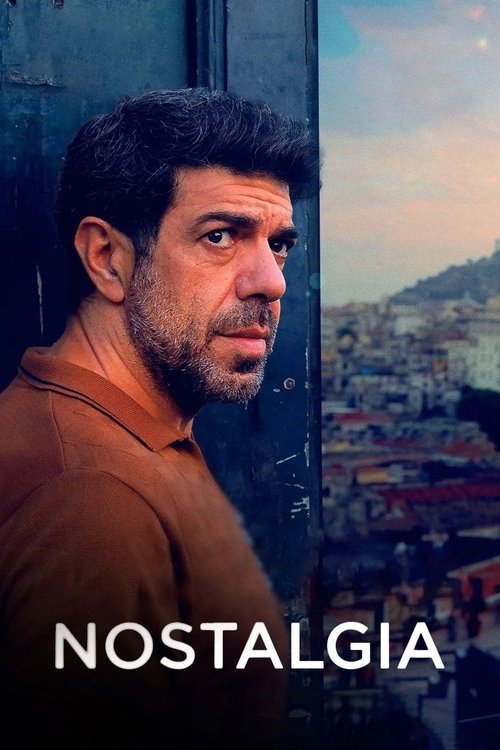Cast
View AllPierfrancesco Favino
as Felice Lasco
Francesco Di Leva
as Don Luigi Rega
Tommaso Ragno
as Oreste Spasiano
Aurora Quattrocchi
as Teresa Lasco
Sofia Essaïdi
as Alrette
Nello Mascia
as Raffaele
Artem Tkachuk
as Young Oreste
Salvatore Striano
as Gegé
Virginia Apicella
as Adele
Daniela Ioia
as Young Teresa
Luciana Zazzera
as Commarella
Giuseppe D'Ambrosio
as Giuseppe
Ciro Oliva
as Waiter #1
Angela Esposito
as Mother with Child
Anna Marigliano
as Haberdasher
Crew
Director
- Mario Martone
Producer
- Roberto Sessa
- Luciano Stella
- Maria Carolina Terzi
- Carlo Stella
Reviews
CinemaSerf
Pierfrancesco Favino is "Felice", who returns to his native Naples to find his elderly mother "Teresa" (Aurora Quattrocchi) living in a basement apartment, rarely washing and taking much care of herself. He determines to hang around and help her get back on her feet whilst at the same time working with the local priest "Luigi" (Francesco Di Leva) to reunite with his childhood friend "Spasiano" (Tommaso Ragno) who has meantime become the elusive local criminal kingpin. It has been many a year since "Felice" could consider himself a local, and the city is largely new and unfamiliar to him, as is the angry and violent criminal fraternity that holds much of the place in it's grip. Can he meet and reconcile with his erstwhile friend? Is he even safe to do so? This is a great looking film capturing well the beauty and the turmoil of this ancient city whilst director Mario Martone offers us a chance to relive some of the memories this, now Muslim and married, visitor recalls as he retraces many of the steps of his childhood. There is very little joy in this film, it's a rather depressing affair that at times really does labour the despair facing many in this community. That's not to say it isn't worth watching, but after a while I felt drained and a bit confused before an ending that I couldn't quite get my head around. Anger? Spite? Pity, even? It's a long watch and I probably wouldn't ever watch it again - but I am glad that I did, once.
Mar 26, 2023
Thematic Analysis
As a dramatic work, Nostalgia examines complex human relationships and emotional struggles against the backdrop of contemporary challenges that mirror our own experiences. The character development particularly stands out, offering viewers a chance to reflect on their own life journeys.
Director Mario Martone brings their distinctive visual style to this film, continuing their exploration of themes seen in their previous works while adding new elements. Their approach to character development and emotional depth creates a viewing experience that rewards close attention.
Released in 2022, the film exists within a cultural context that continues to evolve with our understanding of its themes. Its reception demonstrates the diverse reactions to its artistic choices and its place in cinema history.
Did You Know?
- The production of Nostalgia took approximately 26 months from pre-production to final cut.
- The final cut of the film runs for 117 minutes, though the director's initial assembly was reportedly 175 minutes long.
- Some visual effects sequences took up to 5 months to complete.
- The musical score contains over 36 unique compositions.
- The director insisted on using practical effects whenever possible, reserving CGI for only the most necessary scenes.
Historical Context
- In 2022, when this film is released:
- Artificial intelligence was becoming increasingly integrated into daily life and creative industries.
- Climate change mitigation had become a central policy concern internationally.
- Streaming platforms were disrupting traditional distribution models and changing how audiences consumed films.
How This Film Stands Out
Details
- Release Date: May 25, 2022
- Runtime: 1h 57m












